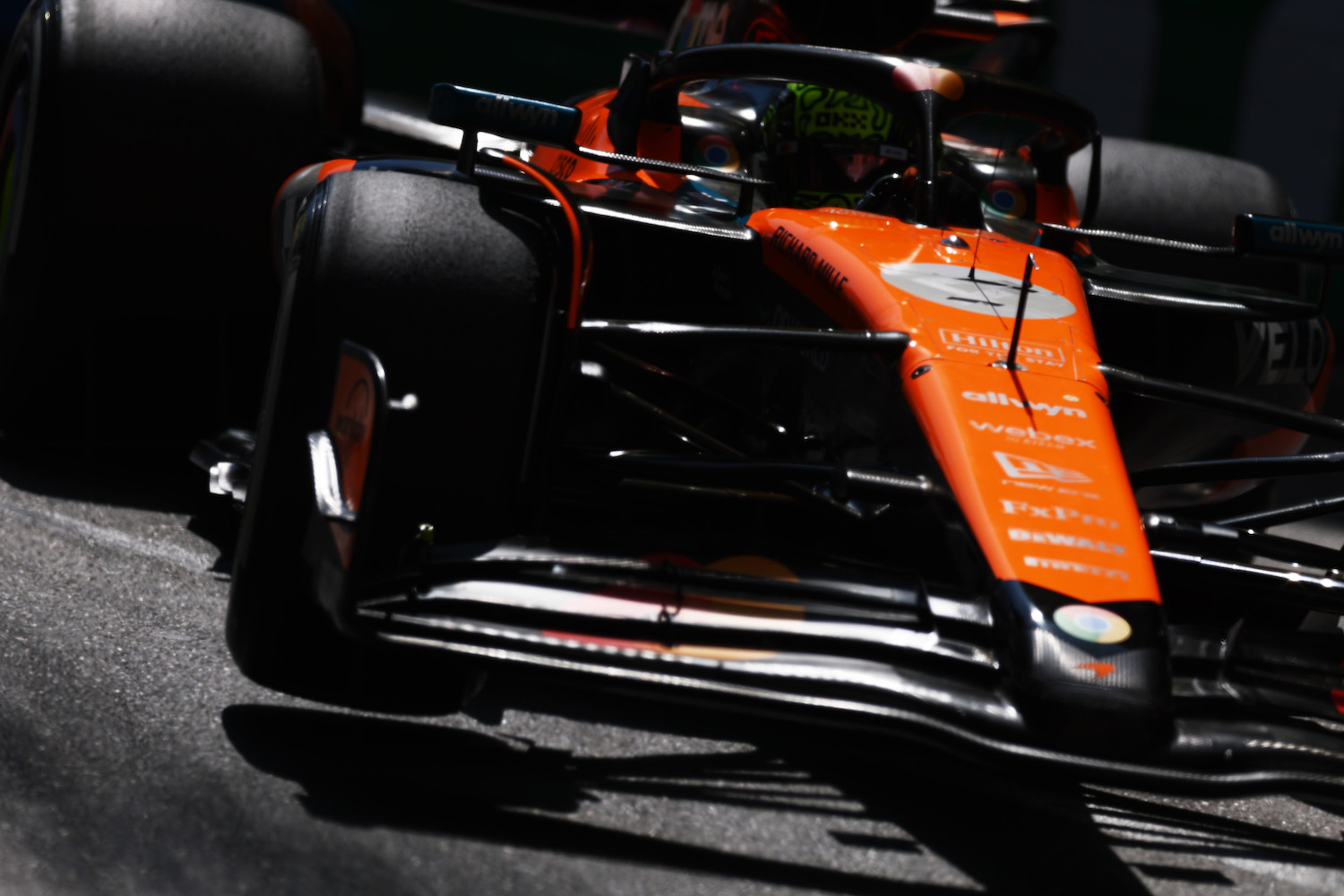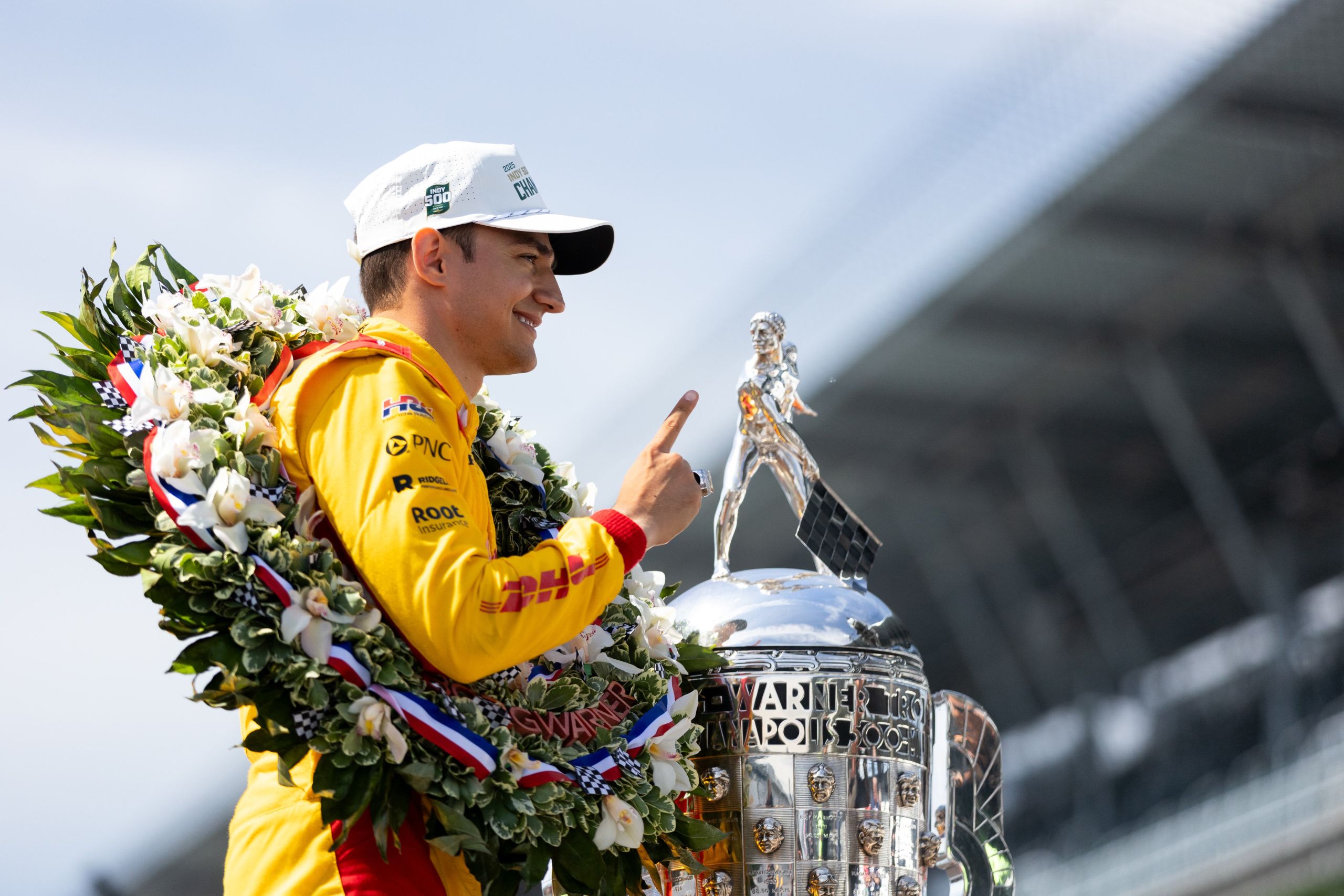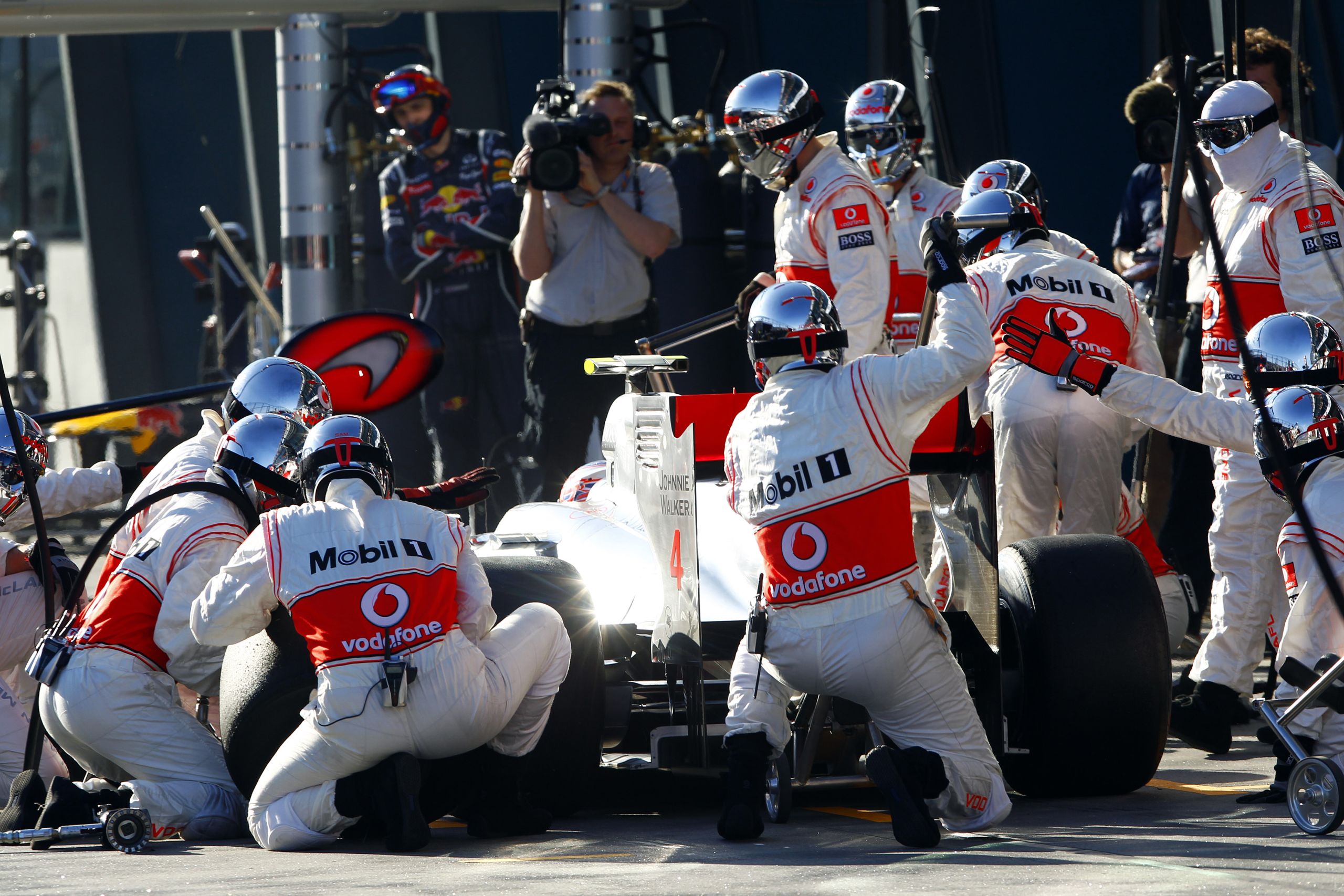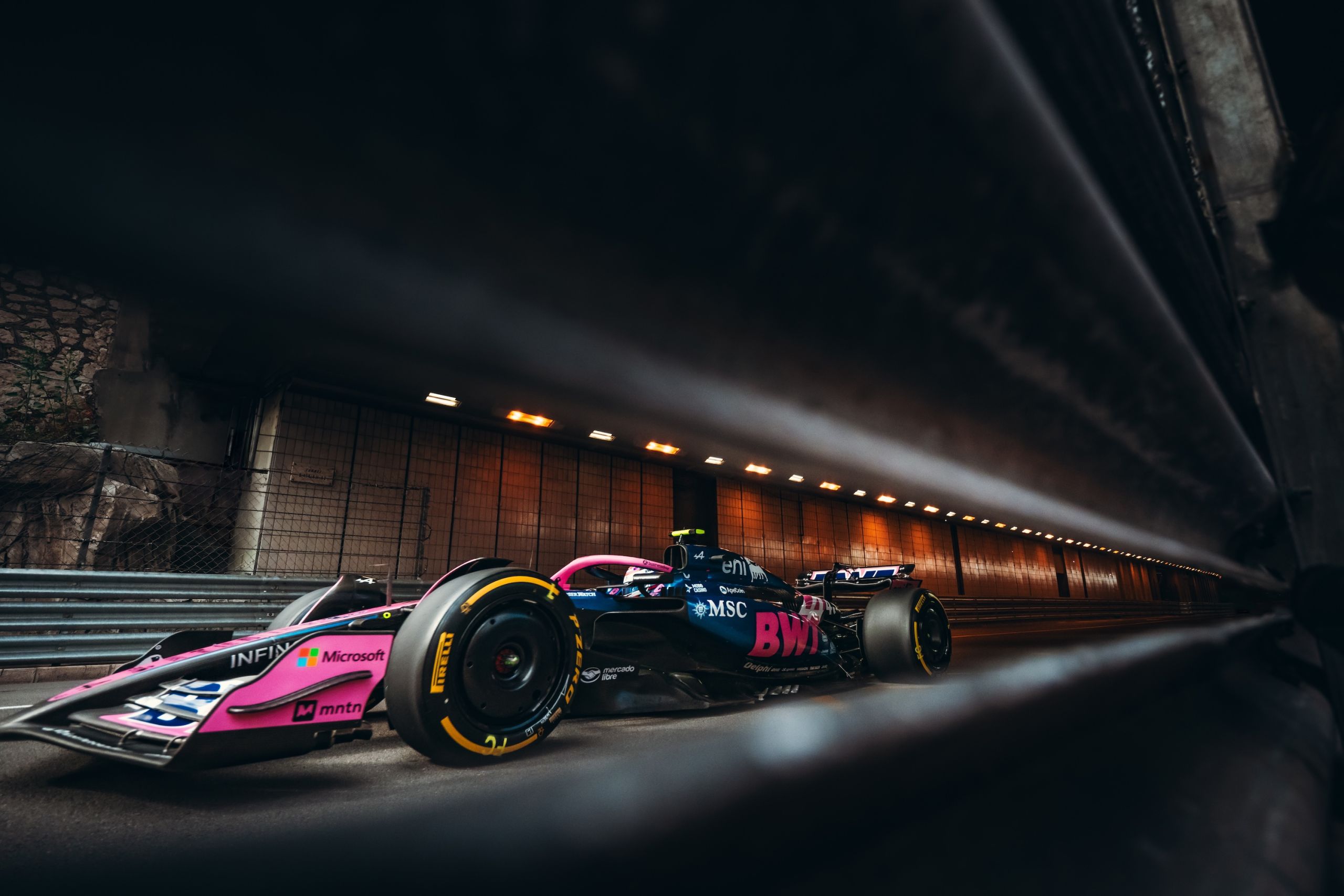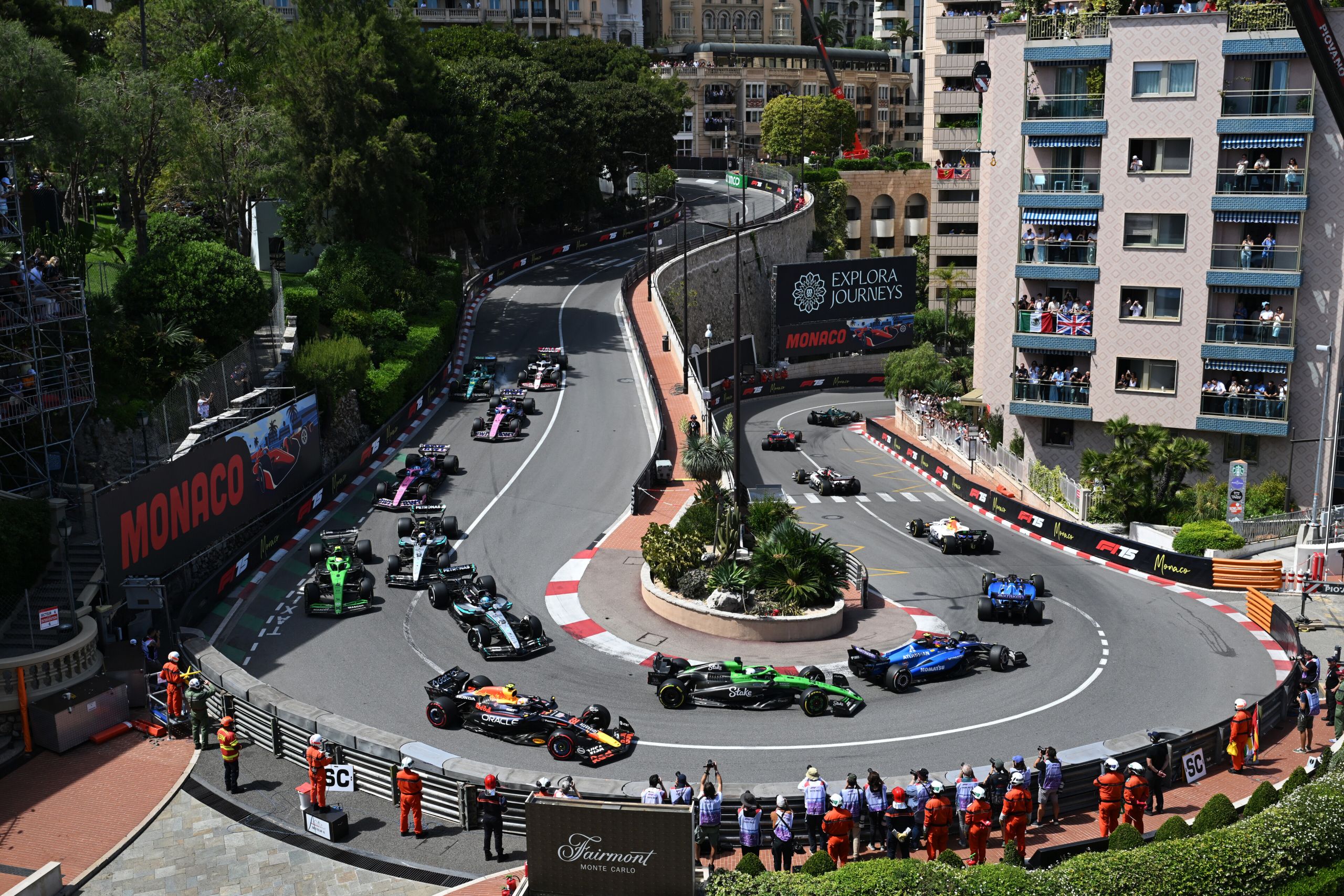How Live Betting Is Driving Change In F1
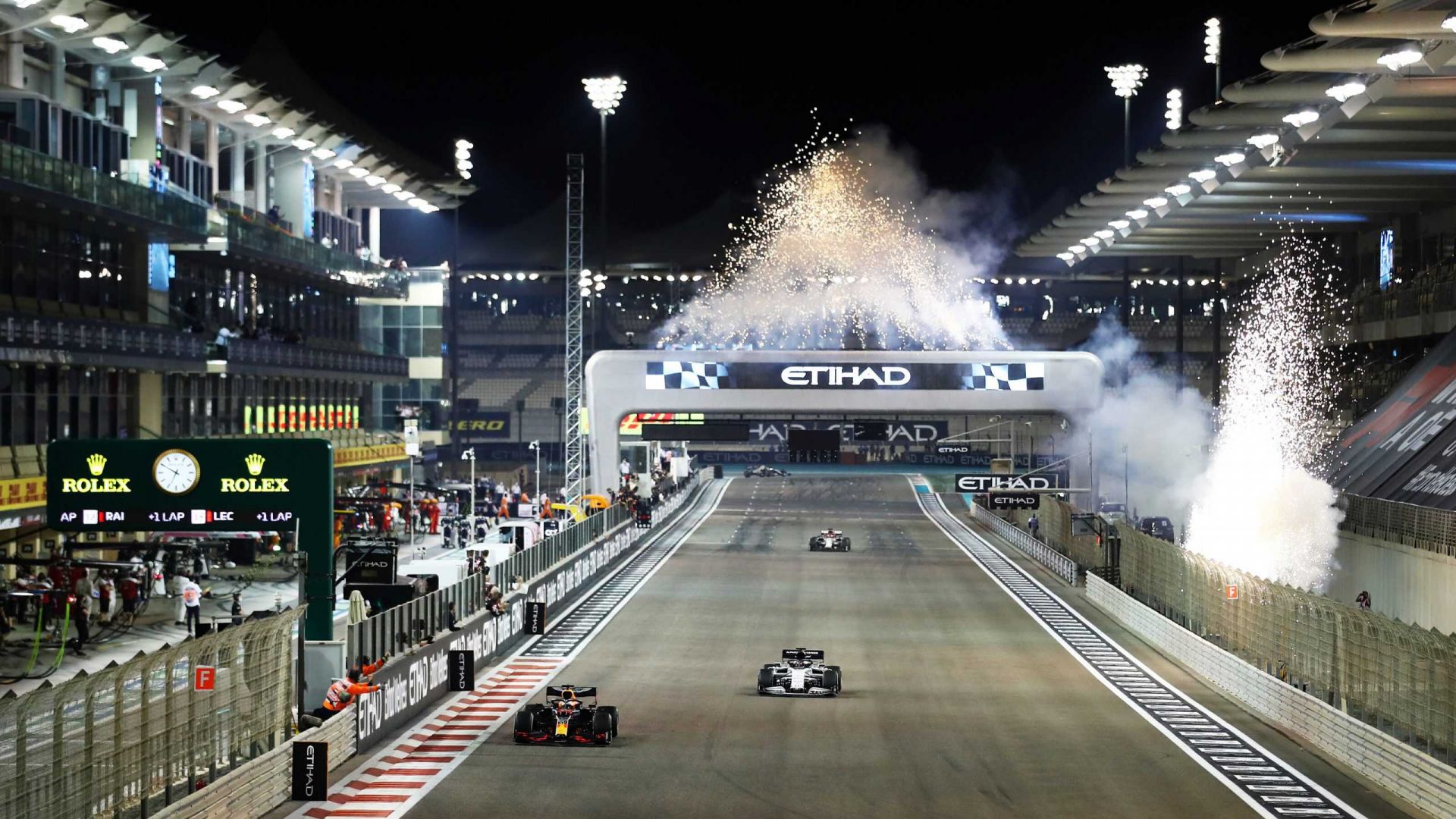
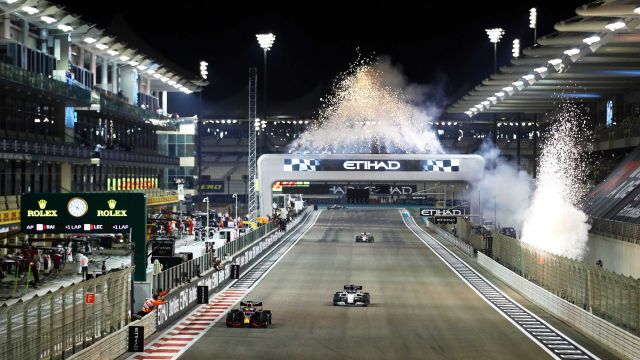
Back in the day when F1 was run by the sport’s ringmaster Bernie Ecclestone betting was a dirty word with Ecclestone believing the gambling industry would tarnish F1’s image.
How this squared with his love of tobacco money was always a mystery.
When Liberty Media took control Adam Crothers, Formula 1’s head of digital media, was tasked with coming up with a strategy to make money from sports betting.
The key was data that would enable live betting during races, and very quickly Liberty signed up the Interregional Sports Group (ISG) on a five-year deal worth an estimated $100m allowing ISG the commercial rights to sell F1 to gambling companies.
Partnering with ISG would be European tech start-up Sportradar who would extract the data directly from the circuit which provides 1.1 million data points from the track and the cars every second.
Hamish Bicket, director for sports content and partnerships at Sportradar, had this to say on the state and potential of F1 betting,
“Motorsports in general, there hasn’t been a real huge interest in betting and that’s not just live betting. Betting in general. But if there is a sport that’s able to change that needle, then it’s Formula 1. Look at their global fan base. I think you’ve got around 19 million viewers on a race day weekend and 500 million fans across the world, so … a huge opportunity for us.”
Sportradar was able to create 22 betting options such as 1st to retire, driver total overtaking’s, and winning margin.
Business has been good for Sportradar which supports more than 900 betting operators around the world, 350 media outlets, and more than 150 sports leagues.
Capitalising on this growth the company went public in September with a valuation of $7.98bn netting founder Carsten Koerl $2.4bn.
ISG’s strategy was to use digital replacement technology which allows sponsors logos to be superimposed on electronic billboards and on-screen graphics during televised races broadcast in different countries.
This was critical as while a handful of large companies currently control the online sports betting industry, none are truly global so the ability to advertise by region is essential to these brands.
ISG is aiming to complete seven regional sponsorship deals starting with Asia, Europe, the Americas then looking towards Russia and Latin America.
Interestingly for a sport embracing the Middle East issues over gambling advertising means the region is a non-starter.
The pieces of the jigsaw are eventually falling into place starting in March with online bookmaker 188BET becoming the official Asian partner in a five-year deal worth $8m per season.
In July, Flutter, the holding company for a range of international brands including Paddy Power, Betfair, PokerStars, Sky Bet, Sportsbet, FOX Bet, FanDuel, TVG, and Adjarabe joined the party with its PokerStars brand signed up for an exclusive European broadcast facing sponsorship until 2023.
Although some countries are banning sports betting advertising recent US Supreme Court rulings striking down a federal ban on sports betting and few restrictions in markets like the UK bodes well.
Nigel Currie, founder of sports consultancy NC Partnership has stated, “It is probably going to get tougher for the gambling industry [to do sports sponsorship and advertising] in certain markets.”
F1 is one of the harder sports for regulators because it is so international and there are so many different [countries] that will probably provide a good return on investment.”
There of course are the ethical and moral questions around gambling.
Liberty Media surprise surprise has decided to take the money and much like its stance on other ethical issues has put forward the ‘we are part of the solution’ argument.
Ross Brawn has recognised concerns about influencing minors and addiction commenting to Reuters, “Betting is not going to go away. Betting in an unstructured, unmonitored way is far worse than doing it in a responsible and structured fashion.”
What F1 needs to be on its guard for is the dark side of sports gambling.
Match-fixing in Football and ball-tampering in Cricket to name a few have soiled sports reputations in recent years.
Sportradar runs the high-browed ‘Integrity services division’ claiming as many as one per cent of the matches they monitor show suspicious betting patterns that may be indicative of match-fixing.
What about F1?
Could for instance a Far East betting syndicate ‘buy’ a mechanic who in turn messes up a critical pitstop?
Well, sadly human nature has always shown the maxim ‘every man (or woman) has their price’.
More concerning F1 has not been without its various cheating scandals over the years instigated at the very highest levels in the sport.
No greater reminder is needed in the week news emerges that Flavio Briatore may return to F1.
If a team principal was prepared to instruct his driver to crash for a points advantage for his teammate imagine what a team principal would do for money!
Garry Sloan is an author, columnist, and podcaster. More details at garrysloan.com
The opinions expressed on this website are those of the author’s and do not necessarily reflect the opinions of the editors and/or publishers.

